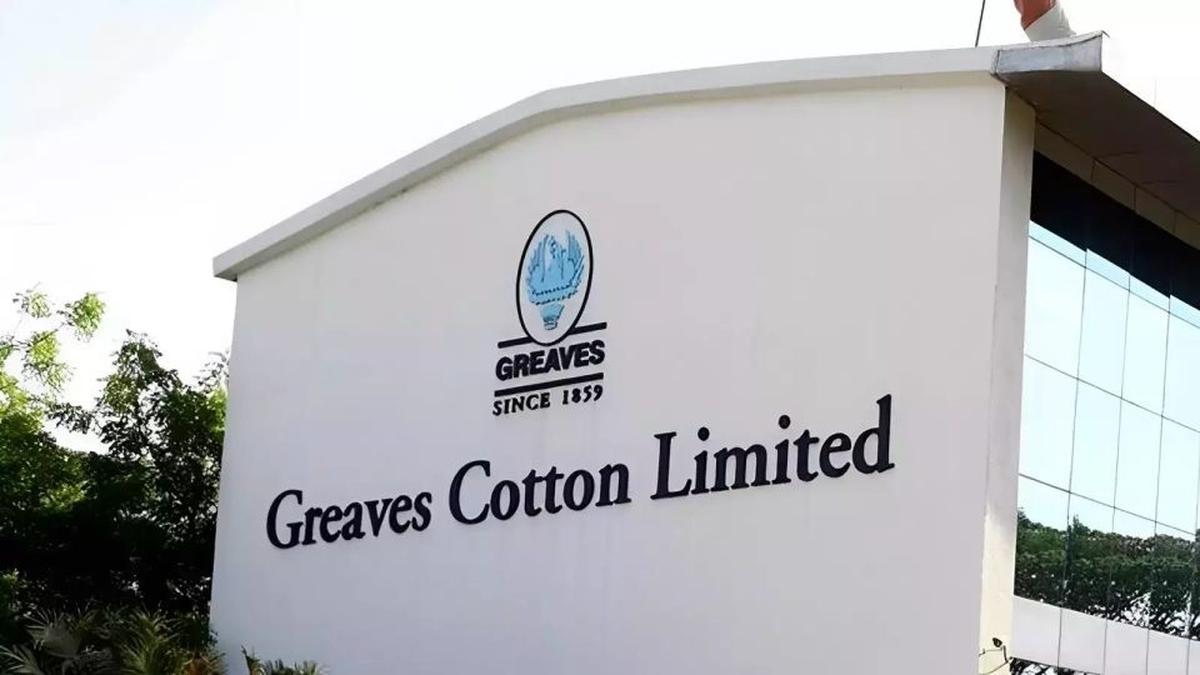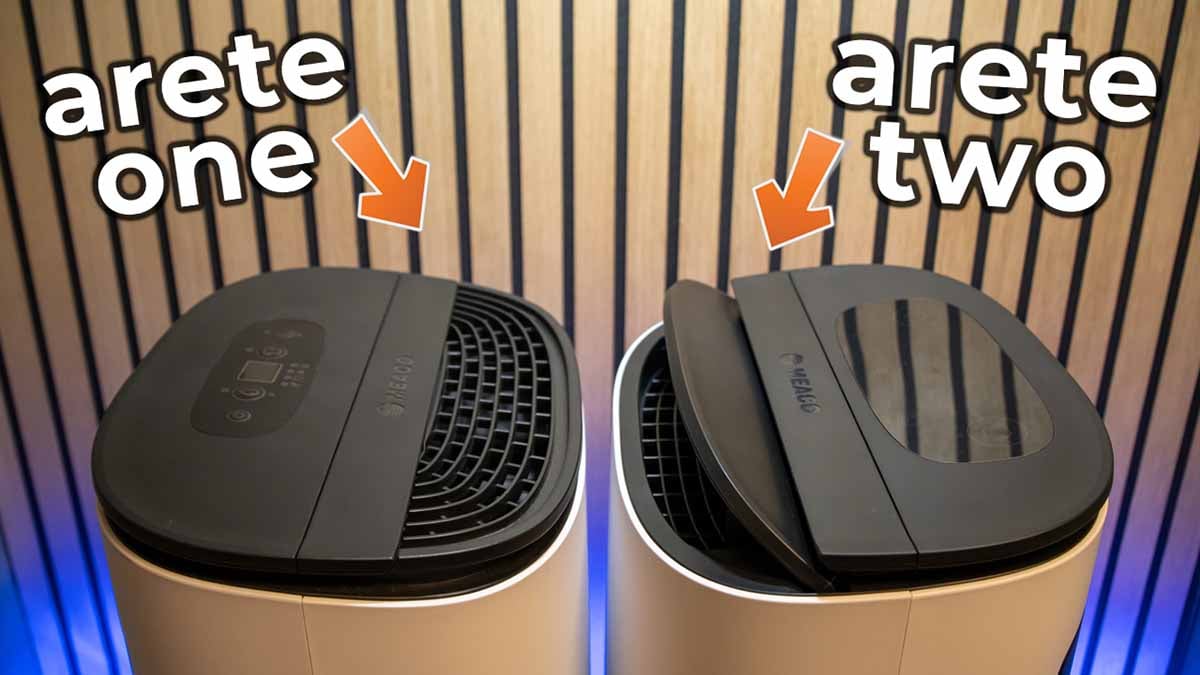The National Association of Software and Services Companies (Nasscom) has appealed to the government to implement the Union Budget 2024’s commitment to enhance safe harbour rules and streamline transfer pricing assessment to attract Global Capability Centers (GCCs) and ease business doing for IT-BPM multinational enterprises (MNEs).
To further ease business doing, Nasscom has recommended simplification and rationalisation of TDS (tax deducted at source) provisions, addressing issues related to non-resident/foreign companies, resolving TDS and equalisation levy issues impacting the e-commerce sector, improving litigation management, and implementing other measures.
In its recommendations for the Union Budget for 2025-26, Nasscom said that these measures are aimed at boosting the growth of GCCs and supporting the development of deep tech start-ups in the country.
DeepTech fund
Nasscom proposes the establishment of a dedicated DeepTech fund with a kitty of ₹10,000 crore to enable equity funding for DeepTech start-ups seeking early-stage investments (Series A and B). The fund is envisioned to cater to two distinct segments within the DeepTech ecosystem.
The first bucket will focus on high-growth, large markets such as EV batteries, space tech, biotech, and selective AI companies with the goal of supporting globally competitive start-ups capable of rivalling US and Chinese counterparts. This bucket will prioritise equity-based funding over grants, with progress measured by market success.
The second bucket will support critical technologies in areas like defence, agricultural biotech, biosafety, quantum computing, and climate tech. This bucket aims to address strategic national needs and build expertise, even in markets with low immediate commercial potential.
Nasscom suggests that the government encourages private co-investment by employing a matching investment strategy to de-risk private capital investments in daughter funds.
To help IT companies, operating within Special Economic Zones (SEZs), effectively utilise income tax benefits during the 11th to 15th years of operation, Nasscom recommends broadening the eligible purposes for utilising the Re-investment Reserve under Section 10AA of the IT Act. Currently, this section mandates that companies transfer a portion of their profits to the SEZ Re-investment Reserve and use these funds for acquiring plant and machinery.
However, this requirement poses a challenge for IT companies that typically operate with an asset-light model and do not have significant investments in plant and machinery.









Leave a Comment